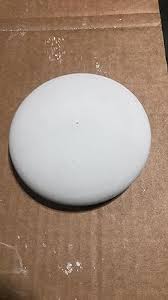‘In continuity there is a little of everything, in everything else.’
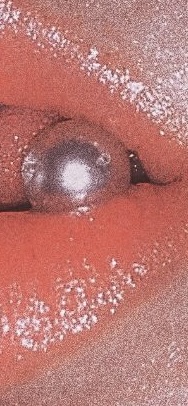
“WIZ,” Willie said. “SKY. SEA.” She erased the invisible marks with her hand and splashed water on his shoulders. She put her lips to his warm back, drew away, wrote a U, then an S. “WITHHELD,” He said. “INCARCERATE.”
‘I found once on the beach at midnight, the drunkest man I’ve ever seen, crying and trying to stab himself with a spoon.’
‘Once I was a young man like you. I was an innocent, rain-washed star, then I married this bag.’
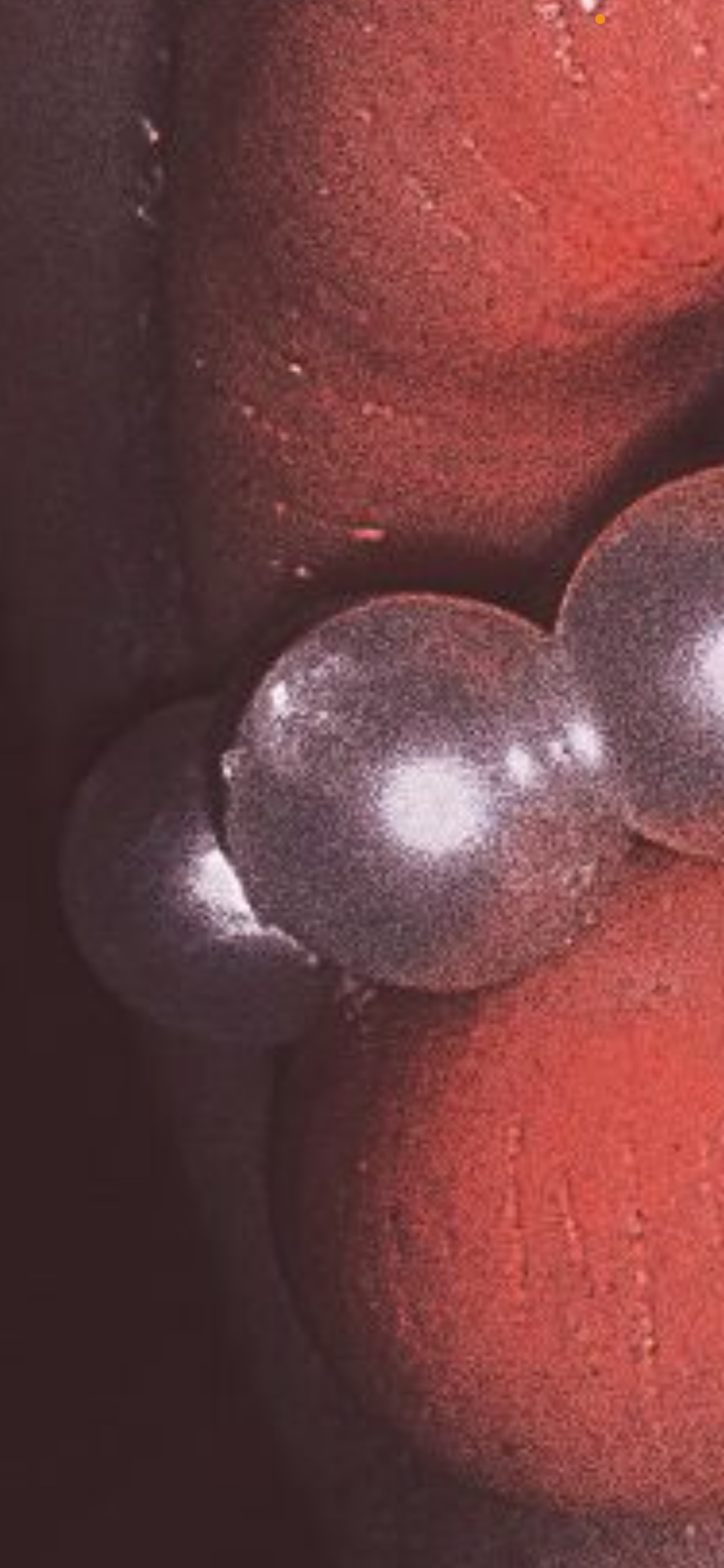
“Do you know why people are interested in jewels?” He asked. He touched a large red stone at the woman’s wrist. “It’s the way the visionaries experience things. Their world is made of light. Everyone wants to see things that way. Materially, jewels and gems are the closest thing to a preternatural experience.”
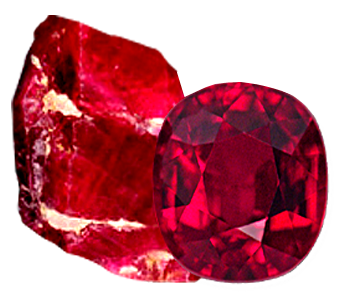
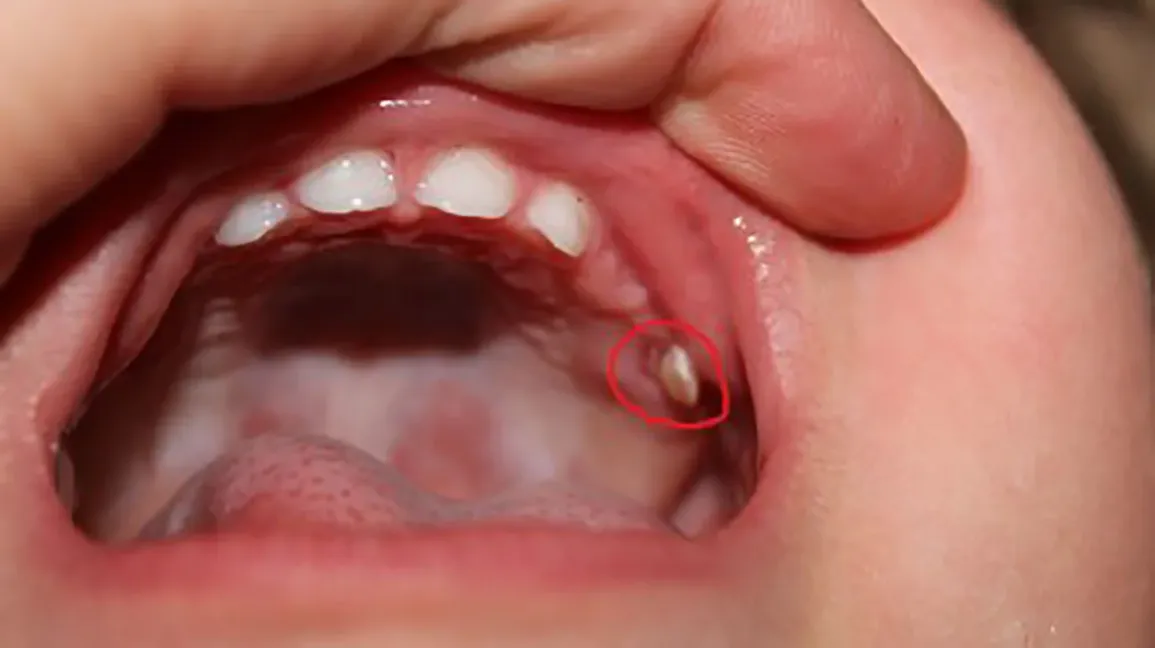
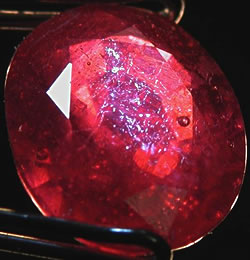 “You know, when anesthesia was first invented, many doctors didn’t want to use it,” he said. “They felt it would rob God of the earnest cries for help that came from those in time of trouble.”
“You know, when anesthesia was first invented, many doctors didn’t want to use it,” he said. “They felt it would rob God of the earnest cries for help that came from those in time of trouble.”
“Anesthesia,” she said. “You can’t rob God.”
“I keep having this dream,” he said. “It’s a typical prison dream. I’m wandering around, doing what I please, choosing this, ignoring that. And then I realize I’m locked up.”
She looked at him, who was turning and folding his hands. Her own hands were trembling, and her mind darted, this way and that. Once, on a sunny day, much like this day, she had been driving down the road in their truck and she had seen a male cardinal that had just been struck by a car. It lay rumpled, on the road’s shoulder, and the female rose and dipped in confusion and fright about it, urging it to continue, to go on with her. Her mind moved like that, like that bird.
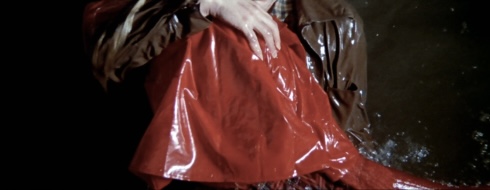
‘She sees Little Dot all the time now. She takes her to the supermarket and to water-ski show and roller-rinks. She buys her crayons and Big Gulps. But Little Dot hurts herself more and more. She goes for days without speaking. Little Dot is her own small keeper, and she is alone with an aloneness so heavy that she can hardly bear its weight. She is not like a mother to her, she knows that. She may even be adding to the terrible weight. Sometimes she thinks that each moment she spends with Little Dot is like a stone she gives the child, a small stone added to other stones.’
‘Don’t let Little Dot play with that bowl and spoon too long. It gets her too excited.’
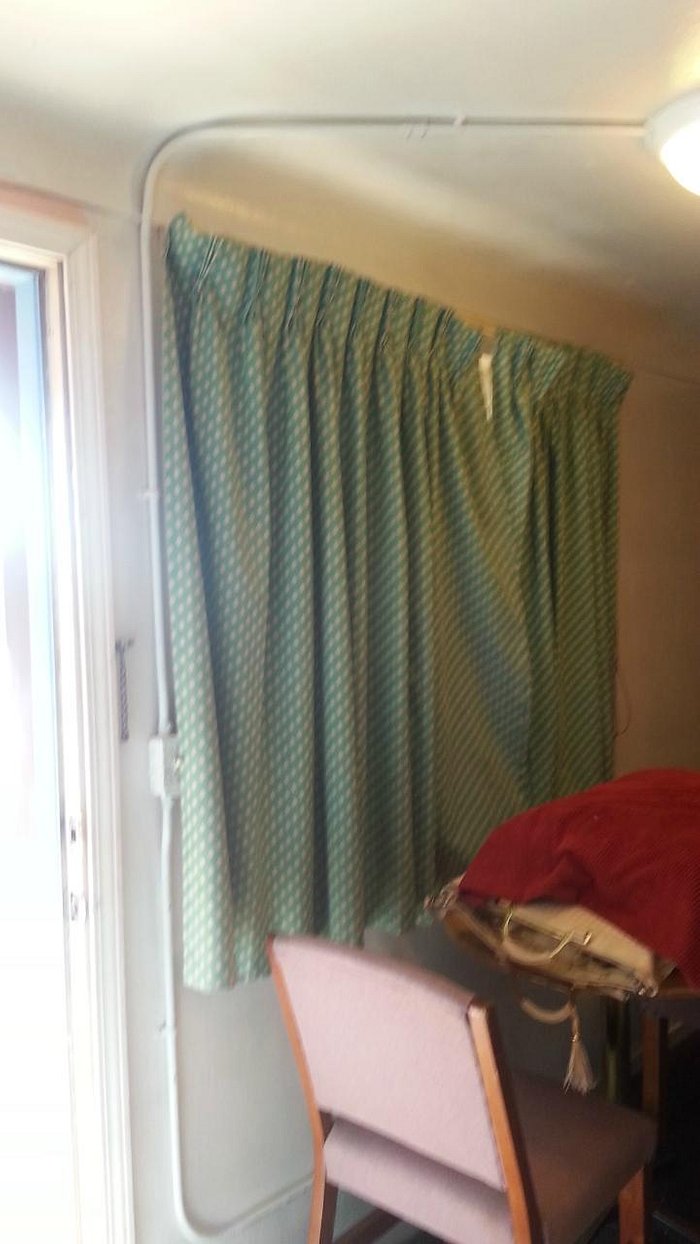
‘At daybreak, it was still raining. Rosy-fingered dawn bloomed elsewhere, in higher, purer altitudes perhaps, where the heart beats more slowly.’
‘She was dreaming the things she dreamed in stolen houses—churches and flowers and suitcases, bowls and water and caves. She stirred and felt that he was standing over her, staring at her. And that was part of the dream, she thought, for him to be studying her so solemnly, as though he were choosing something. She was a woman in a house, sleeping. She looked at him, safe in her sleep-looking.
She looked at him and saw herself. The form he would have her assume, a woman in a house, sleeping.’
‘Dream of black triangles. All the time dreaming of black triangles. That’s number two on my checklist.’
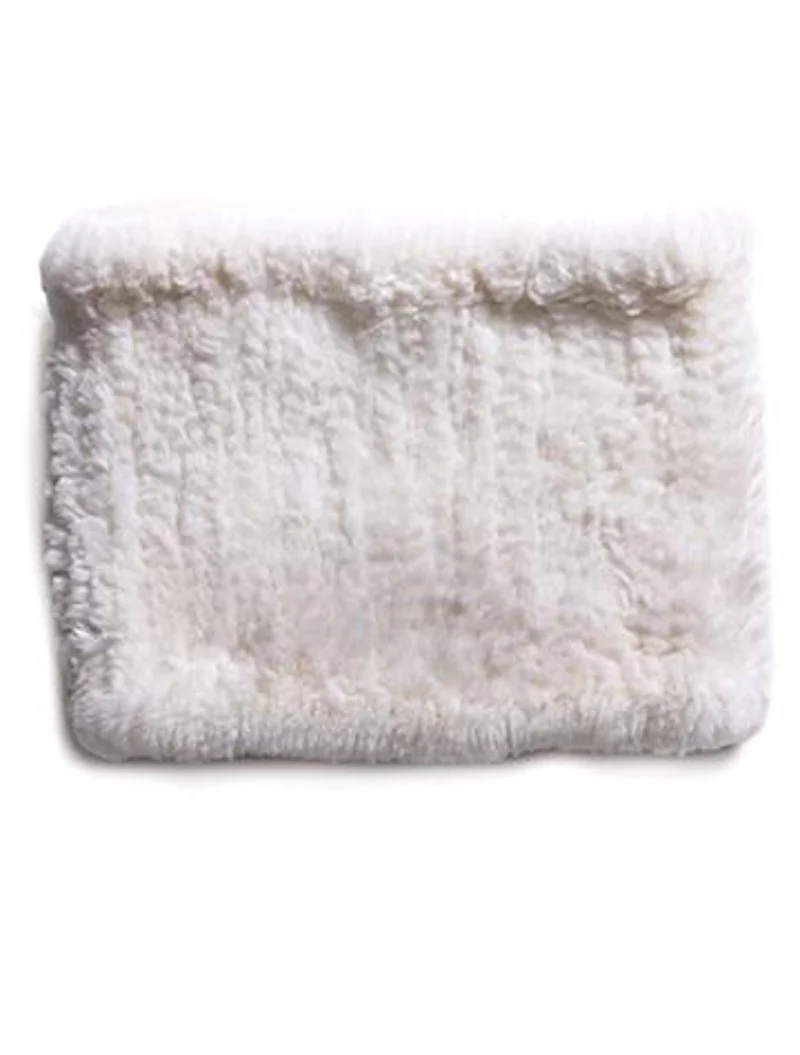
‘In the silence, she could hear the dog drinking from his water bowl. One has these assumptions, she thought, these foolish assumptions about life. This is the day that the Lord hath made—that sort of thing. It proceeds from sunrise to sunset. Dare, don’t adapt. Rejoice. Be truthful. Get enough rest. Take it easy on the sun and salt. Love. Reflect. Praise. Learn. As a child, she had learned how to write with ascending accuracy between increasingly diminishing lines. That’s a child’s life. A child starts with intense admiration for the world. It’s him and the world. But there are too many messages. Most are worthless, but they still must be received. One must select and clarify. One must dismiss and forget. One is in a lighted room, then it turns dim. Inexplicably. One’s intense attachment turns to fear, then hate, then guilt. Finally, sorrow.’
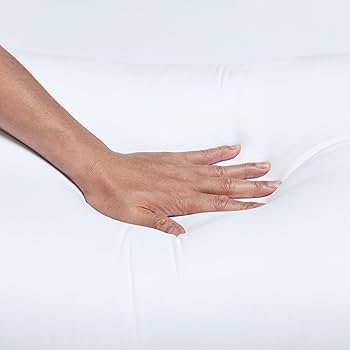
“I’m set,” he said. “What are you going as?”
“Nothing. But I’m going.”
“Nothing is usually indicated by a dark forest, a wasteland tract, a desert, et cetera,” he said.
“Don’t,” she said.
“But instead you’re going as the path you could take. You feel the path you could take, the path you could have taken inside you. You feel it as unhappiness, an incompleteness.”
“Don’t,” she said.

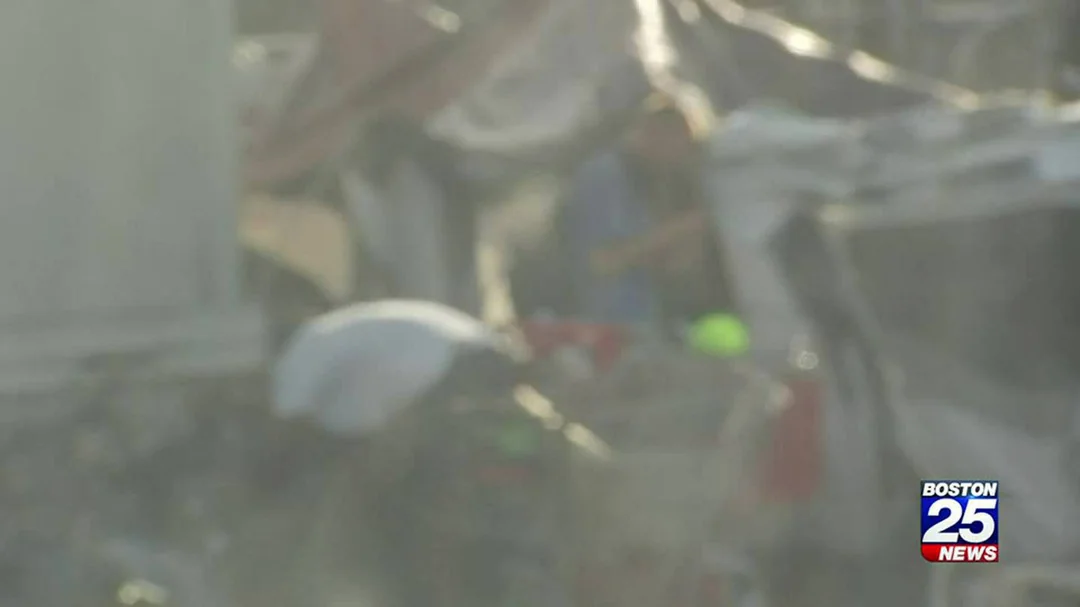
‘YES! WE HAVE MASTECTOMY BATHING SUITS!”
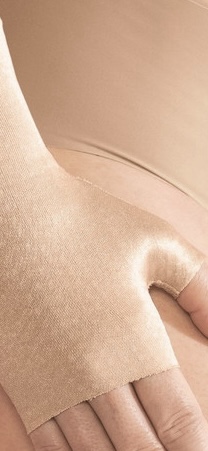
“You’re Christians, right? I bet you are.”
“We believe in guilt and longing. Confession and continual defeat. The circle and the spiral.” The words filled up the room pleasantly like boulders.
Inside, on a white bamboo table, were a dish of peanuts, two empty martini glasses and a ceramic dildo.
Little Dot bounced on the bed which was covered by a dark, synthetic fur. “Eden,” she said. The sacrifice of Isaac.”
Smoke lay in levels in the room.

“NOW HAS THE FEELING OF CERTAINTY ABOUT IT. YET NOW IS NOT THE PRESENT MOMENT. NOW IS INCOMMENSURABLE WITH THE PRESENT MOMENT.”
HALLUCINOGENIC TATTOOS.
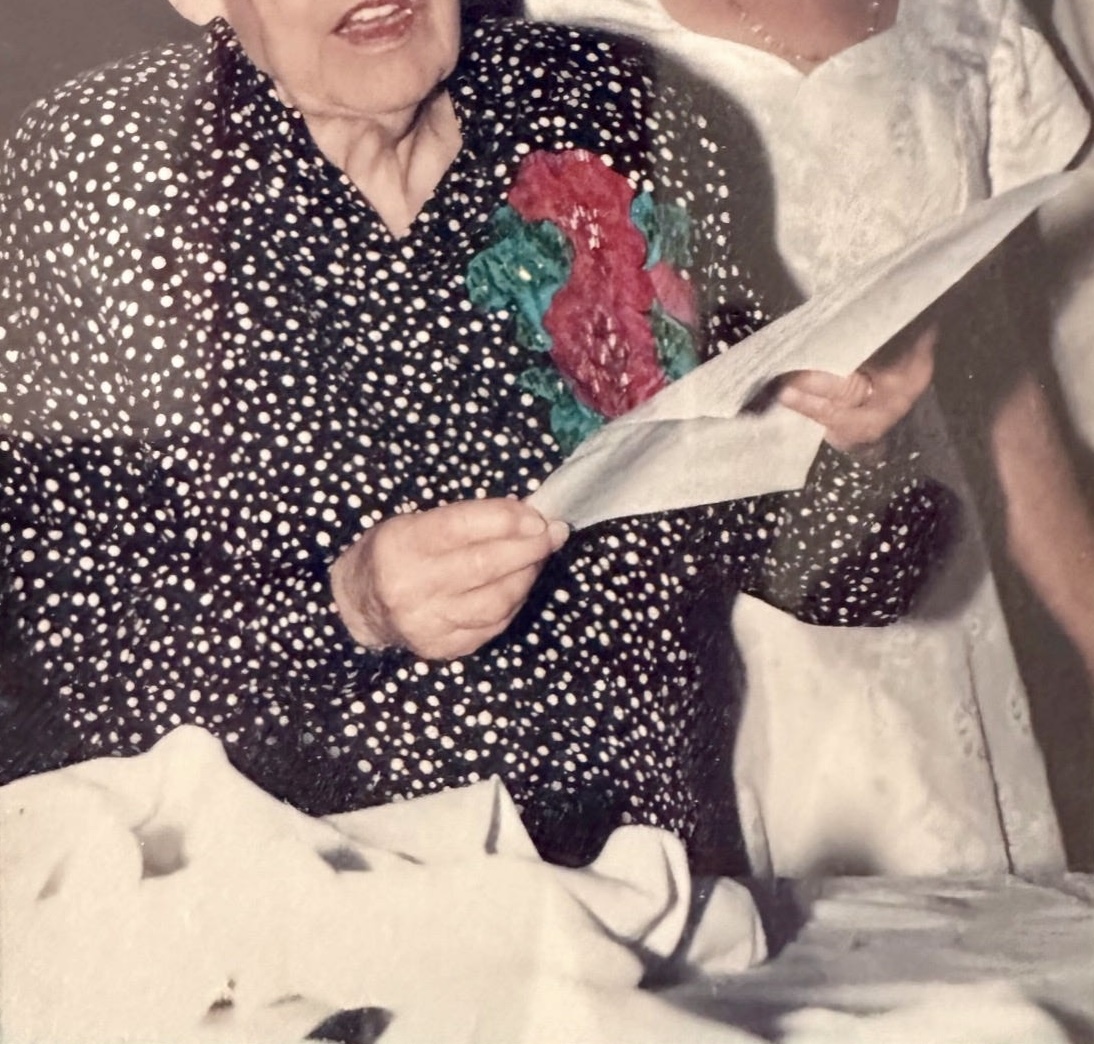
‘Little Dot told them her dream. It was always the same dream she told. She had a favorite bowl, no bowl that her parents had made but a little chipped china bowl, at the bottom of which was a rabbit in a garden. The rabbit wore a little dress. When Little Dot finished the soup or cereal in the owl, she would find the little rabbit its little dress and shoes. Little Dot loved the bowl. She thought it beautiful, its cracks and lines, the rabbit’s musing face worn pale by the scraping spoon. Each night she dreams she breaks it, it mends itself and becomes more beautiful still…’
“Can you remember yourself as a child? You used to limp for no reason and sprinkle water on your forehead to give the appearance of fevers. You used to squeeze the skin beneath your eyes to make bruises.”
“Mother,” I didn’t.
“You were a gloomy child, sweetie. You were always asking me gloomy riddles like, What would happen if a girl was tied up in a rug and thrown off the roof? What would happen if you put a girl in the refrigerator alongside the milk?”
“I chose the Episcopalians because they are aristocrats. Do you know, for instance, that they are thinner than any other religious group?”
‘The room’s light was now grey and the dog glowed whitely in it. A particularly inappropriate image crept open in her mind like a waxy cereus bloom. Little groups of Hindus sitting around a dying man or woman or child on the riverbank, waiting for death to come, chatting, eating, behaving in fact as thought life were a picnic.’
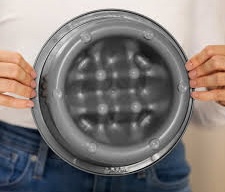
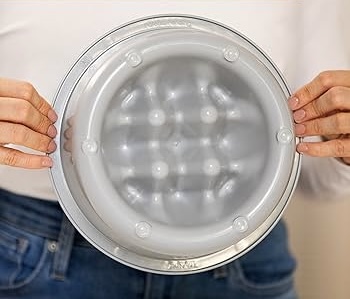
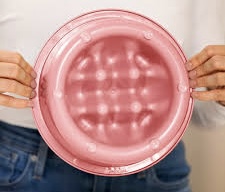
“There are too many messages in her life already. She is on some terrible mailing lists.”
“I got a letter from Greenpeace once. They’re the ones who want to stop the slaughter of the harp seals, right? Envelope had a picture of a cuddly little white earl and the words KISS THE BABY GOOD-BYE. You get that one?”
“You’re taking too many vitamins.”
“I am taking a lot of vitamins. You think that’s why I’m in love all the time. Maybe it’s a side effect. It got so, well I’d have a few drinks and I’d be incited to grief and confusion You know? I couldn’t even take a shower. The thought of standing alone under a shower, alone under those sheets, those strings of water, would give me the shakes. So I thought the old brain was shutting down, you know? So got to taking vitamins. I still don’t take showers. I give myself little kitty-baths.”
‘You’d have two little ones. They’d have freckles and be hyperactive.’
“You’d become a believer in past lives. You’d become fascinated with other forms of intelligent life. You’d become involve din the study of whale language.”
“Whales are poets who are in tune with every aspect of their world. They sing these songs, man.”
“Our songs are so messed up. You ever thought of that? Our songs are so garbled.”
“Who are you in love with?”
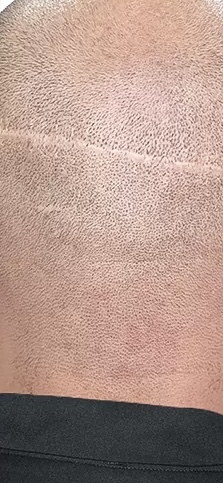
‘When she had been in Five North, there had been a girl who looked like Little Dot, but Little Dot grown older. She was there because she had carved YUCK on her stomach with a screwdriver. She had done it in front of a mirror, and to some, the markings on her mutilated flesh appeared foreign, holy and serene. They would ask to touch her stomach for luck. This girl, who looked like an older, more sorrowful Little Dot, had hurt herself in other ways at other times. She had broken her ankle once with a hammer. She said these things that she did to herself always cleared her thoughts and she felt better after. Didn’t everyone want to feel better after?”
‘You keep pretending and I’ll keep watching.
The river twisted through the trees. It might even have looked like the one her mother had been drifting down at the time, unaware that her daughter had died, almost died, Liberty forced herself to recall, her mother’s hobby had been to tie herself to a canoe and float down a quiet river, gazing through her facemask into the crystalline depths, collecting the white bones of mastodons.’
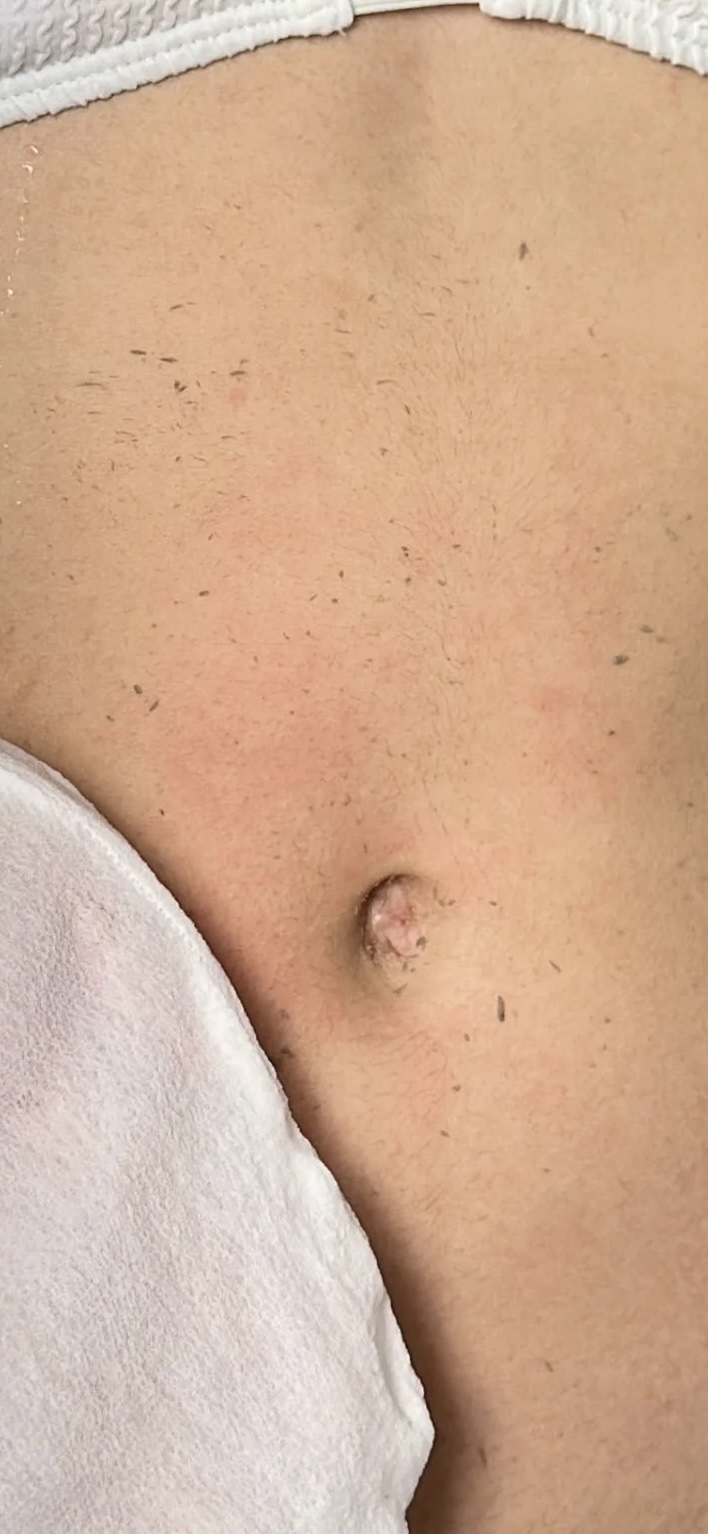
‘A thin line of perspiration lay prettily above her upper lip. She disliked her enormously.’
“What kind of vocabulary has he got? I was told that a German Shepherd could understand eight hundred words.”
“He knows a few words. Love, angel, ice cream, retribution…”
“Do you know what he told me they do there? People offer to drown for a dollar or two. They pretend to drown.”
“You know what they say about ‘gators? They say they’ve got seven emotions and they make a sound for each other one of them, but it’s all the same sound.”
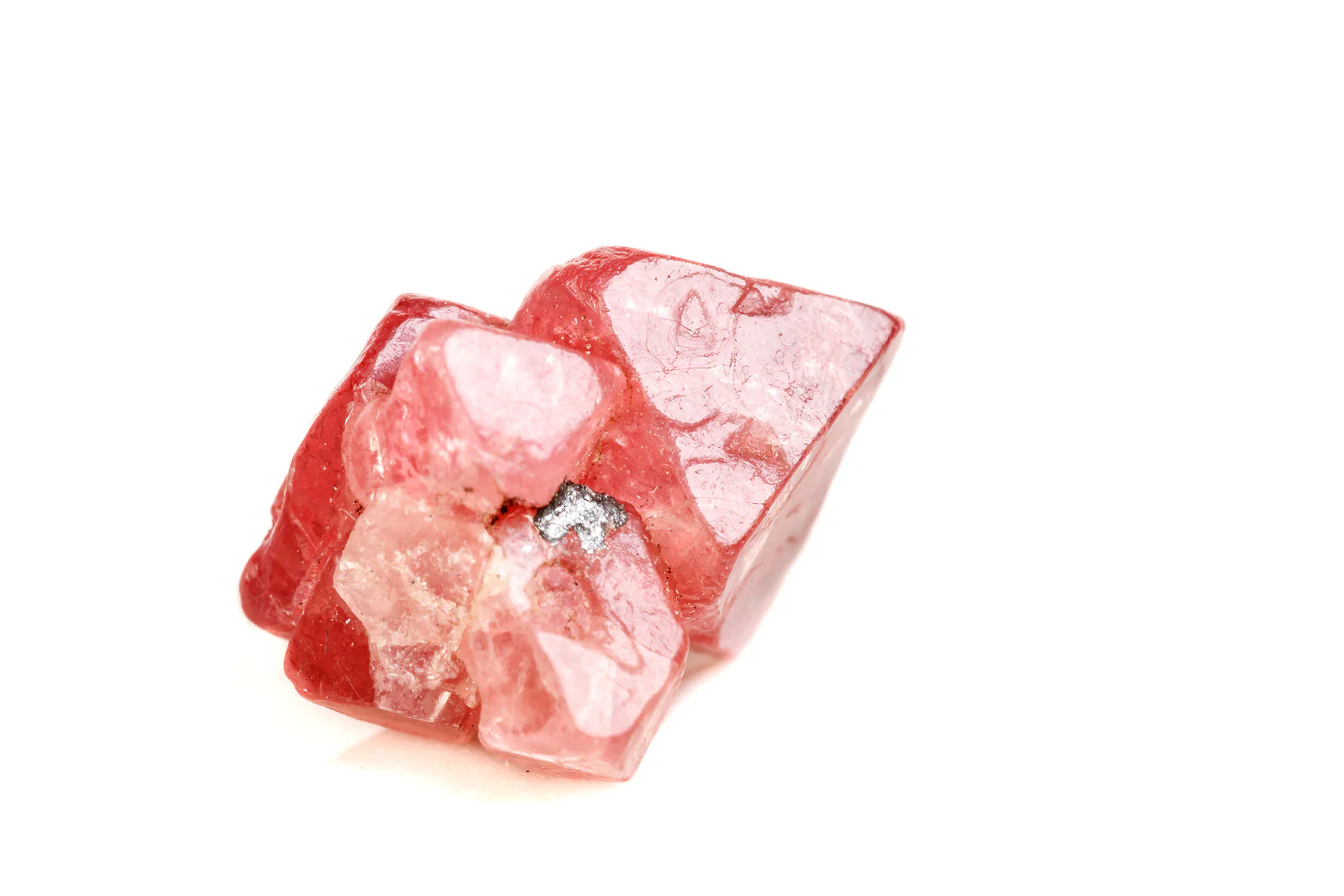
‘WEBBY MATTER FOULED THE JALOUSIES.’
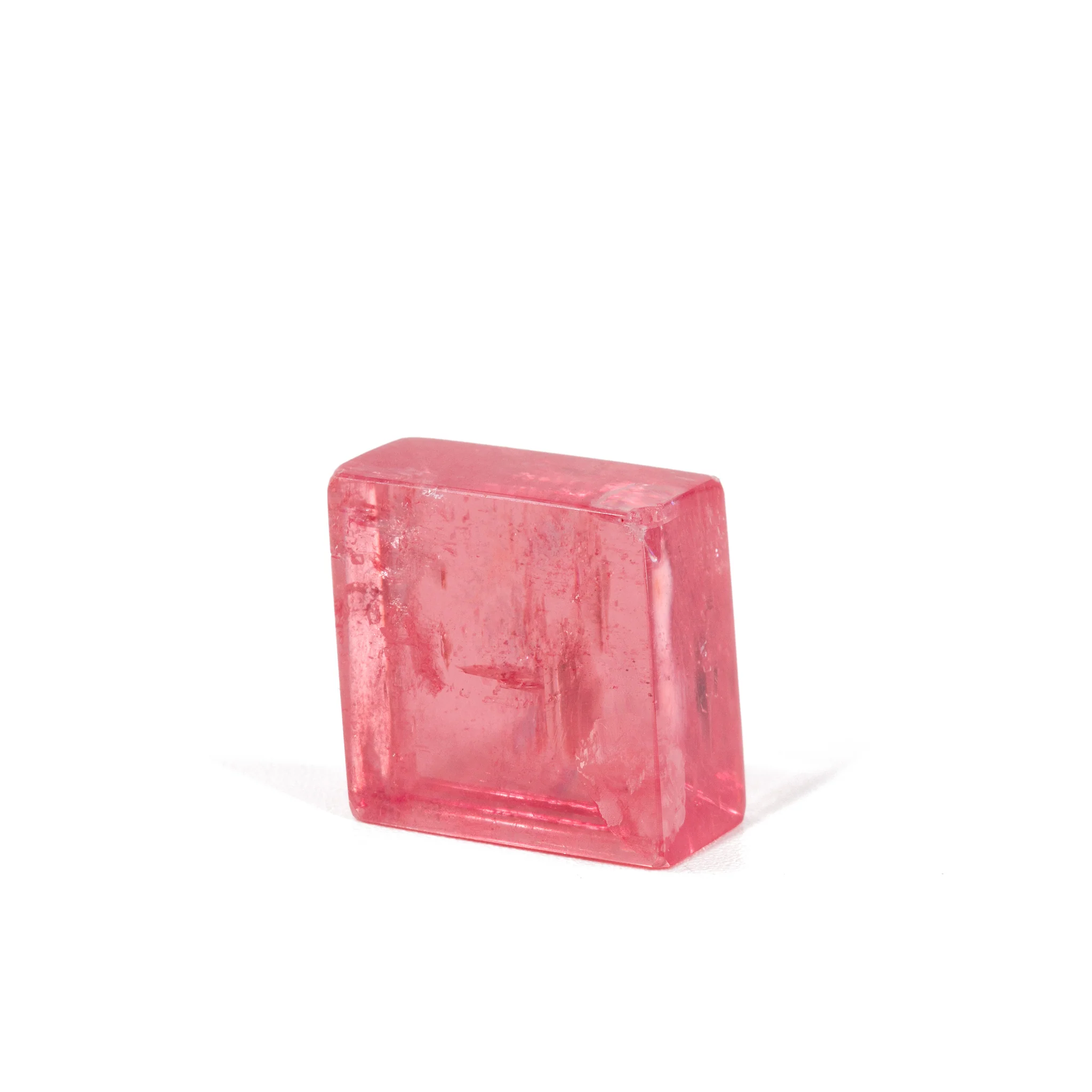
‘Your silence is a little black garden. You know everything by heart.’
‘If God could be seen and known in hell, hell in an instant would be heaven.’
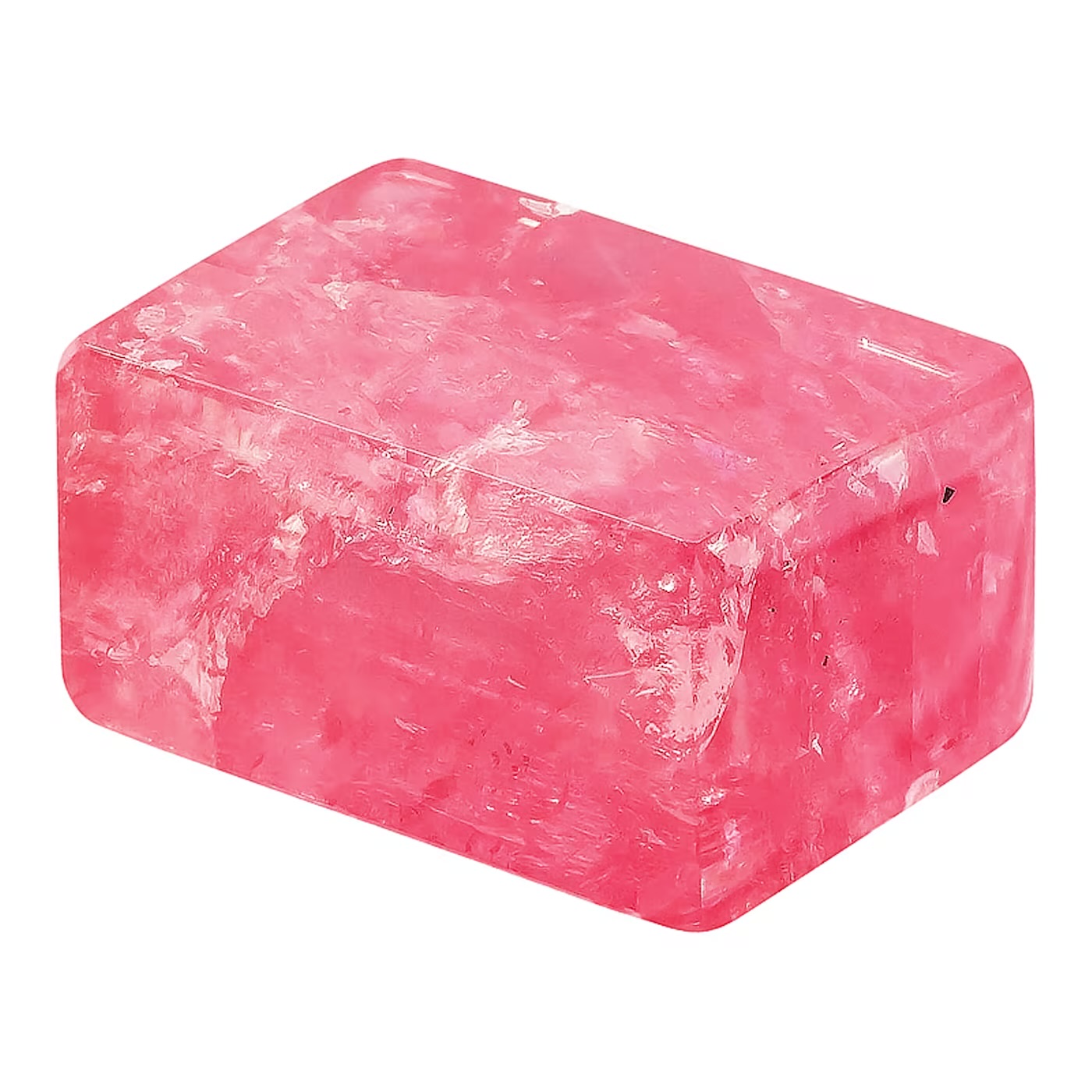
‘IT IS LIVING AND CEASING TO LIVE THAT ARE IMAGINARY SOLUTIONS. EXISTENCE IS ELSEWHERE.’
“You understand life, don’t you?”
“I don’t think so, Daddy.”
“You understand that lurking in the heart of each pure, pretty day that is given to us is a snaky, malevolent, cold-blooded, creepy, diseased potentiality.”
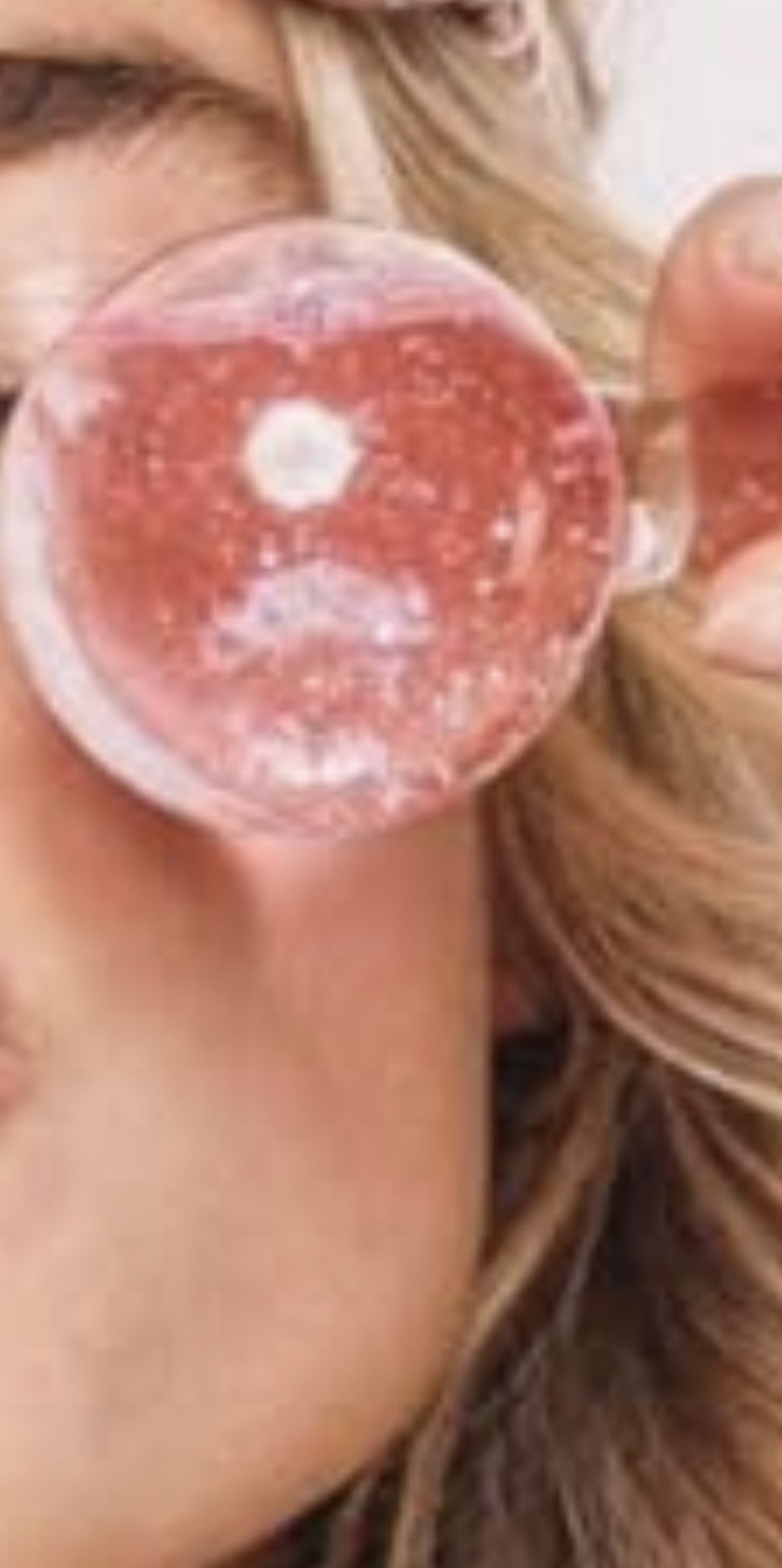
‘He was a puzzle to them, as mysterious as a Communist.’
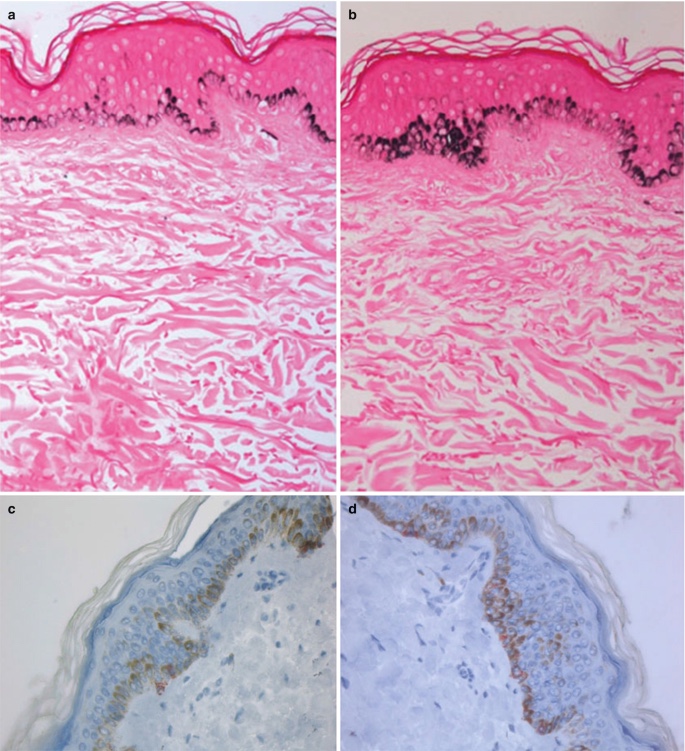
‘She stepped up into the living room, onto thick, whitish carpeting. The walls were the same color as the carpet—a peculiar shade, like the glabrous skin of some animal.’
She saw the end of it, returning.
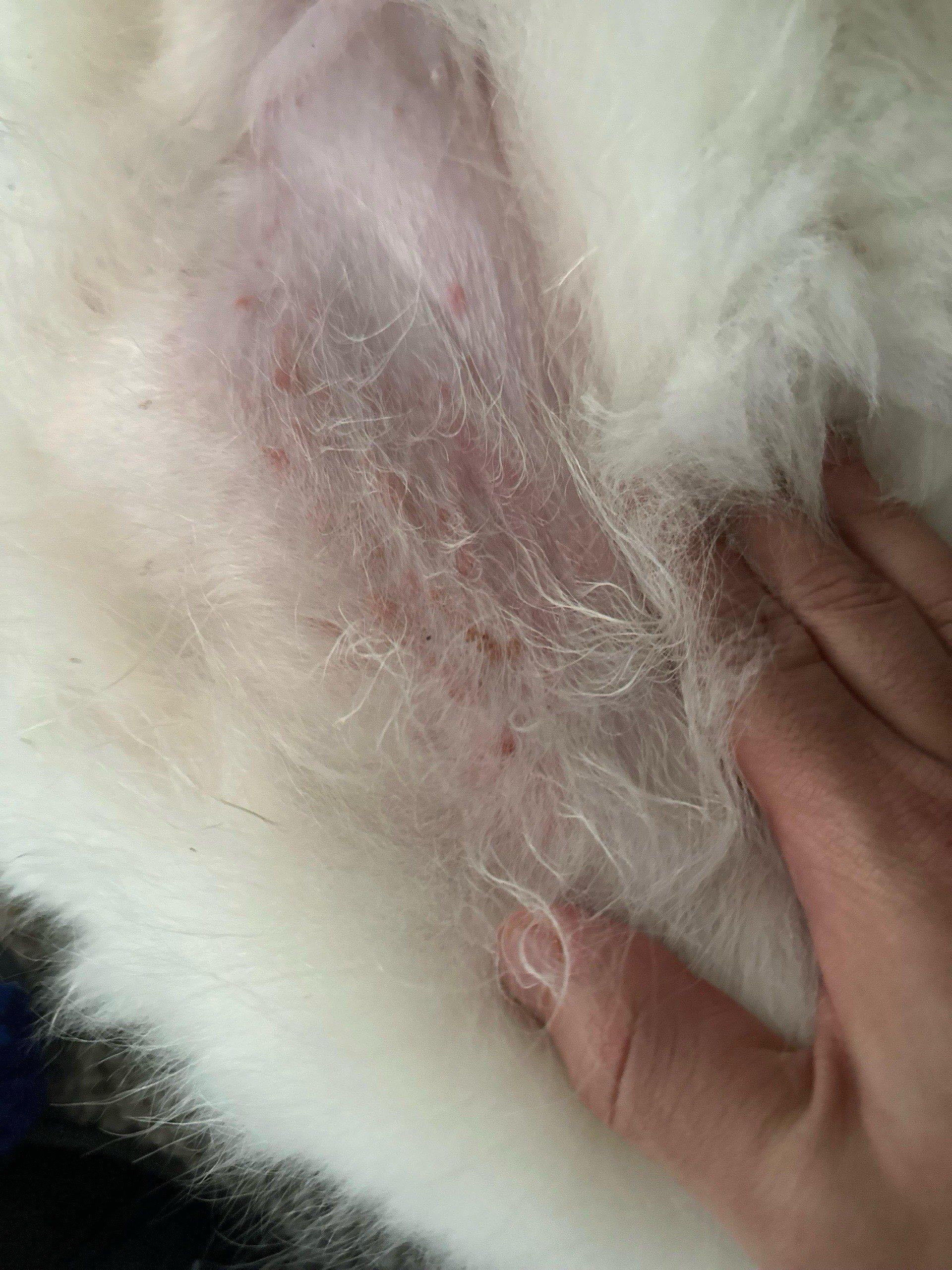
“Champagne and granola. Your porridge. You’re just like Goldilocks.”
“Goldilocks, the first housebreaker.”
“He probably knows too much to have an actual personality. I like him very much.”
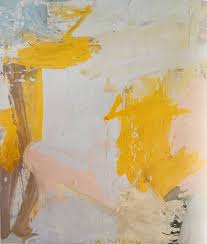
“This dog is very close to the shade of the walls, isn’t he? And the shade of the walls is exactly the color of the inside of Rothko’s forearm. That’s the color he always wanted as the backdrop for his paintings, you know. Pale ivory with a slightly yellowish cast, the color of Cellutex. It was the crook of the arm where he slashed himself, severing the brachial artery on February twenty-fourth, 1970.
Well, we all have our February twenty-fourth. I’ve always thought it was criminal the way Rothko painted pictures. Each time he made a picture, he committed a crime against the belief in the unquenchability of the human spirit.”
She stared at the painting, he stared at the painting. She felt that they were all on the verge of gulping for air in its presence.
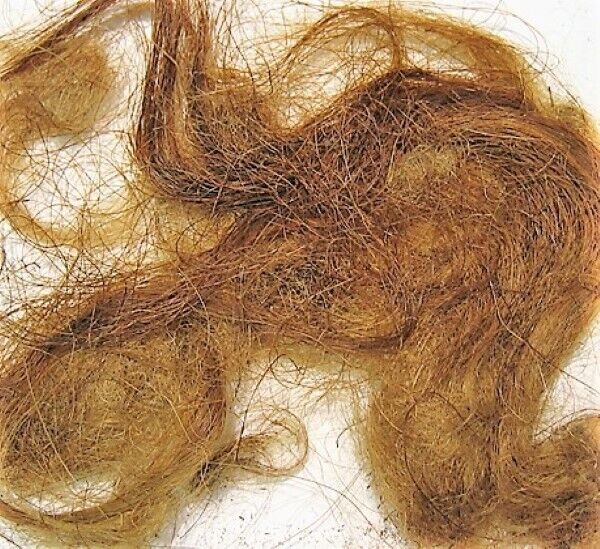
“I met her in Rome on the Ostian Way, at that place where the three fountains are, that place where St. Paul lost his head. I’m sure you’re familiar with that story. When Paul was decapitated his head bounced three times and wherever it bounced, a fountain sprang up. Well I met her there. She was a splendid girl.”
“I’ve got these bad tunes playing in my head today. I’ve got these mean melodies.”
“I drank champagne with Jung on several occasions. We discussed the first thought of the One and Absolute Being.”
“What did Jung think the first thought of the Absolute Being was?”
“He believed His first thought was the consciousness of utter loneliness.”
“What would we pray for?”
“The usual. Understanding.”
‘The summer that they were 15 was the summer that someone was mutilating the pelicans. Someone was capturing the birds, slicing off half their bills with a saw, and releasing them.’
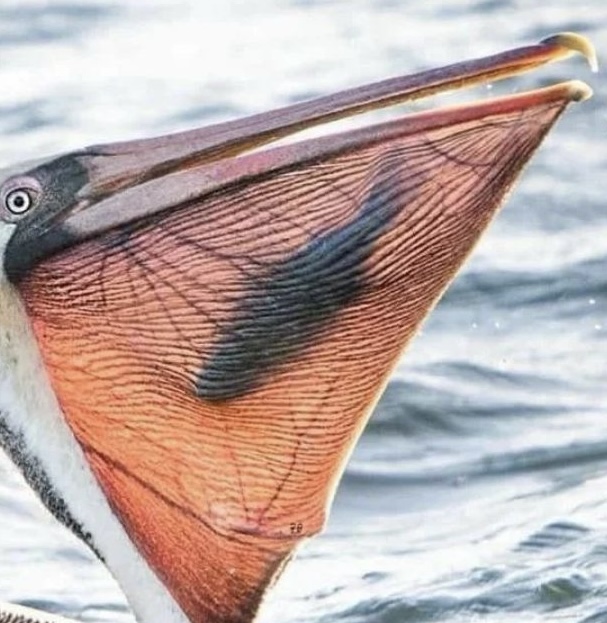
‘Anything you wanted you could find in Blossum. If you knew what you wanted, you could buy a machine gun or a child. And it had some of the finest gospel singing in the state. “Bread of Heaven” sung almost every Wednesday night at the Church of the God of Prophecy on Marigold Street, had long been known to cause even the merciless to weep.’
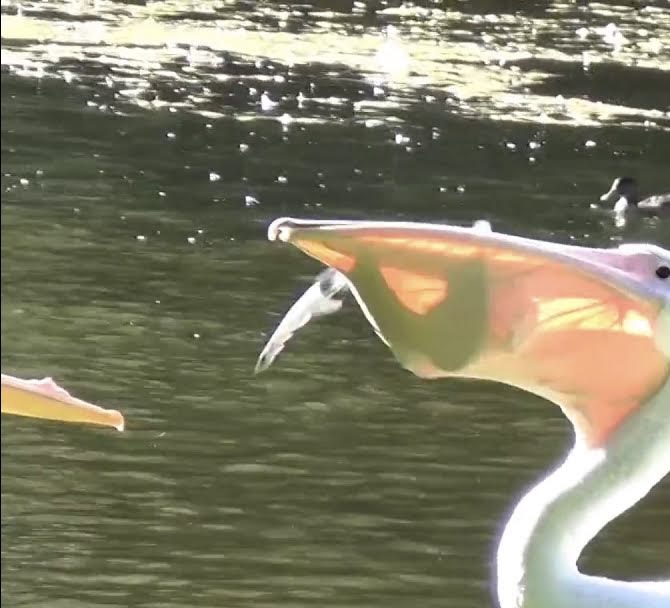
“I’ve got to tell you something. I saw a pelican in the garden today, one of the maimed ones, one that’s had part of its bill sawed off. It was so close… it was.. I can’t get it out of my mind.”
“Birds are thoughts,” he said.
“Oh,” she exclaimed, hurt. “Don’t’ be so indifferent. ‘Birds are thoughts’ They’re not thoughts.”
“Sure they are,” he said. “You didn’t think that birds were all they were.”
His words, his presence, so familiar and yet so distant, had a peculiar effect on her. She thought that perhaps she had been the one stolen.
“It was a real thing,” she said sadly.
“That’s a very old notion. You can’t blame it on me,” he said. “There’s a second part too which follows logically enough. If birds are thoughts, the mind is a birdcage. You shouldn’t see such birds, girl. Poor girl.”
“Why would people do anything like that, why would they… I know you don’t know, it’s just I can’t imagine how they could do something like that, and do it over and over again.”
“They hate,” he said. “They’re good haters. They want to finish up things before they’ve finished up.”
“Do you ever think about the future?” She asked.
“How can you think about it?”
“Imagine it then.”
“Did you ever kiss a picture?” He asked. “Like a photograph or something in a magazine?”
“I guess.”
“The future’s like that. You’d be crazy to think it was real.”
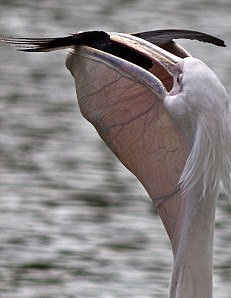
“You’re a natural thief,” she said.
“We’re both thieves,” he said, “stealing God’s day.”
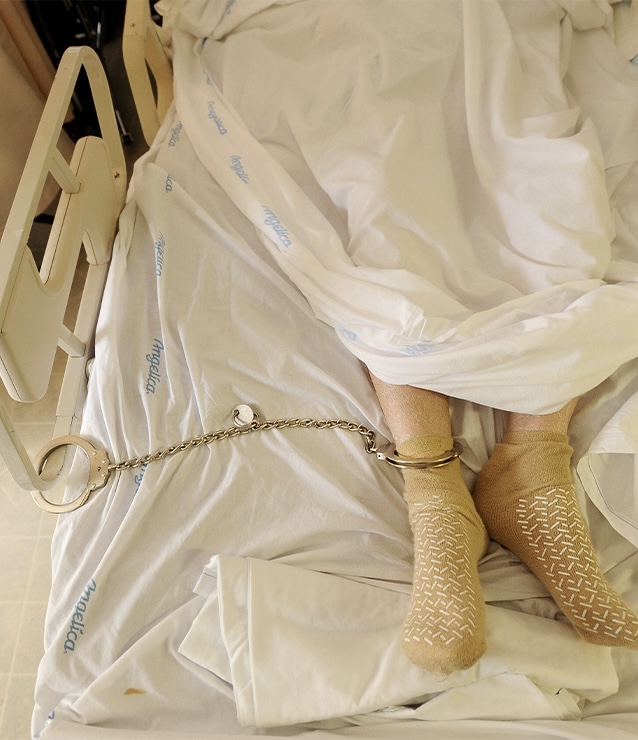
She’s in a coma. She won’t take no offense.
She was brought back, then almost lost to septicemia, but her poisoned blood was taken from her drop by drop and she was brought back again. Mistakes were made, but in the end, infection simplified her. It unadorned her. There would be no more babies for her. Her babies all went to live in that world where mistakes aren’t made.
You look on your nondeath as a threatening danger to you. You are perceiving your life, which you really look on as your nondeath, as a spectator. Oh, it’s possible to know so much today.
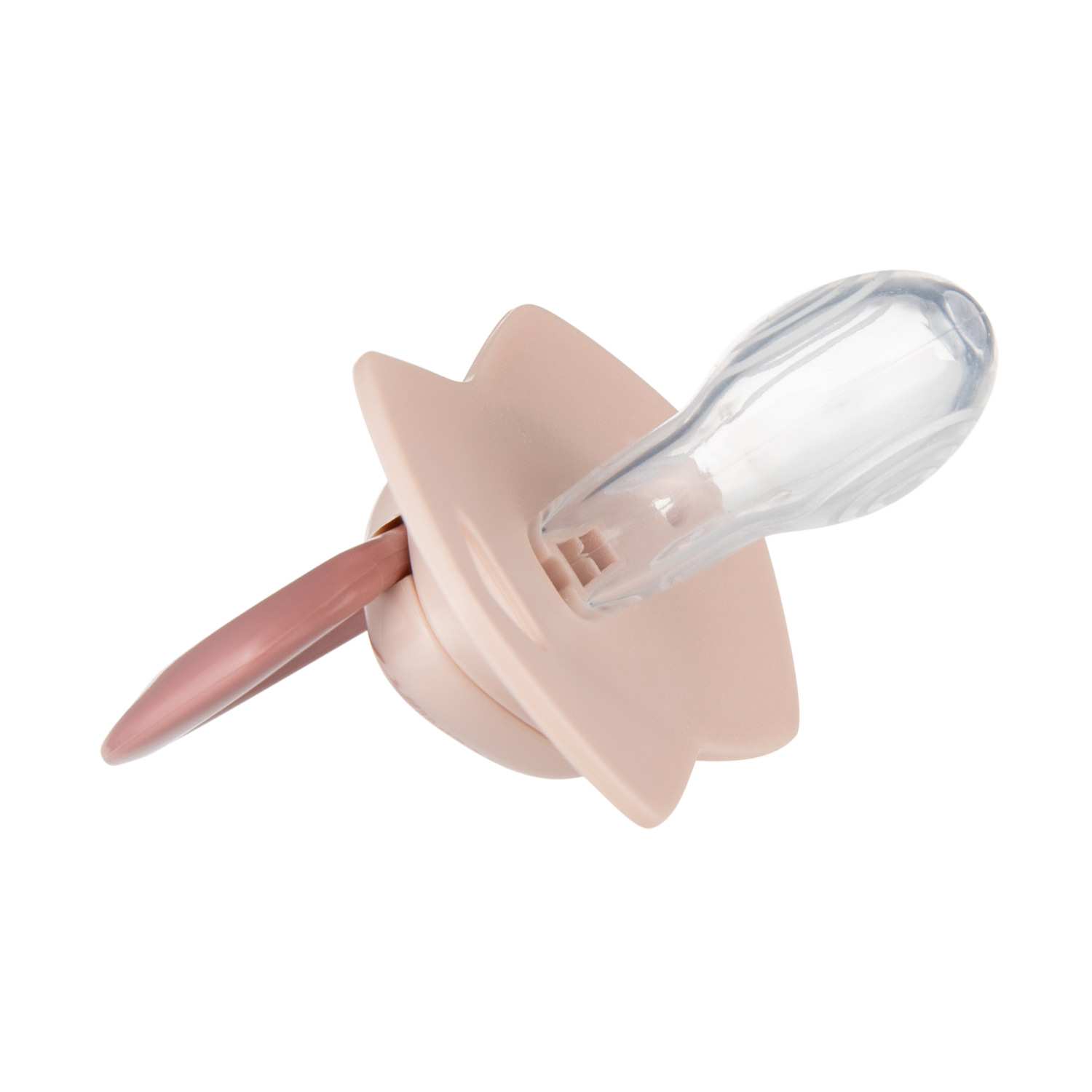
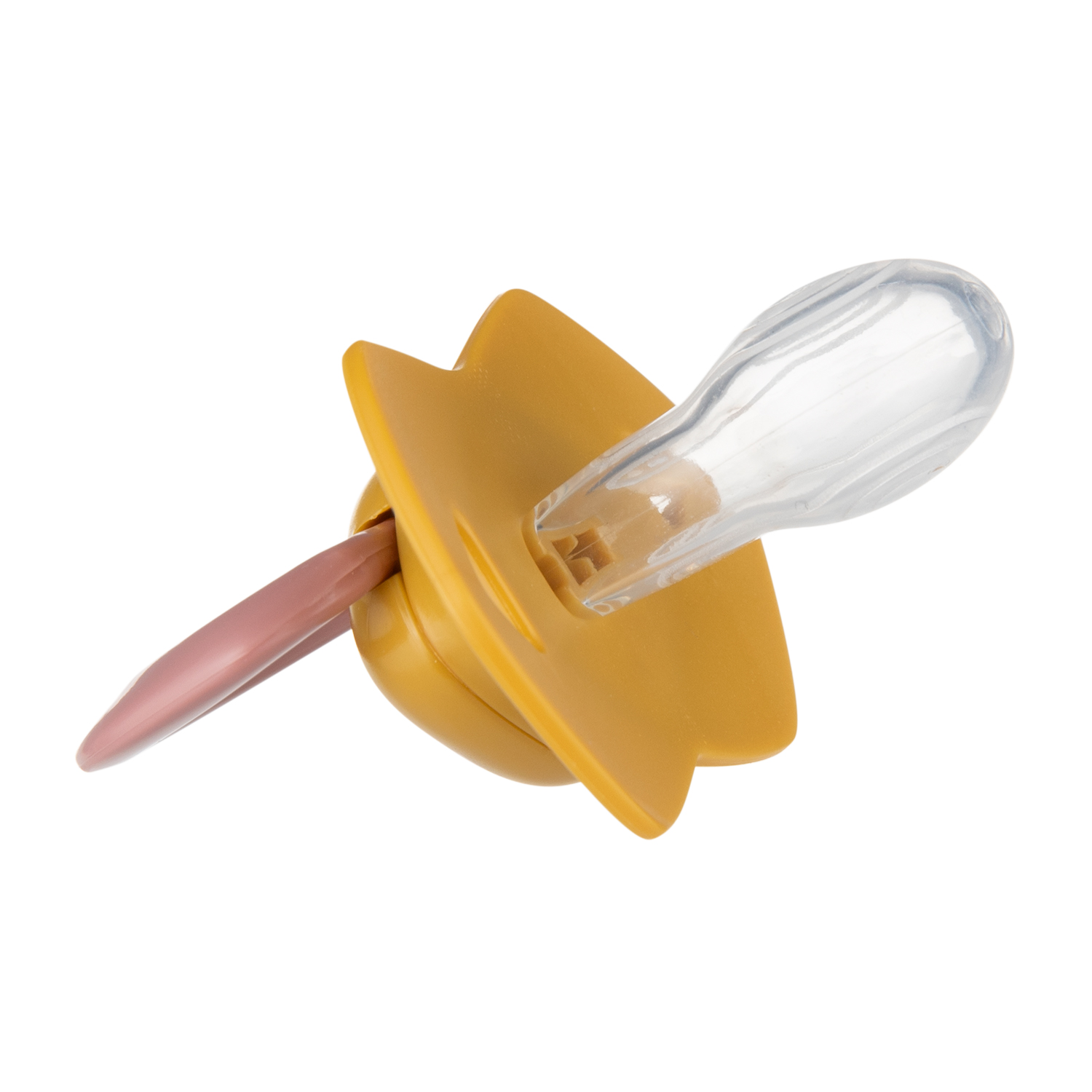
Her heart, as big as a baby’s head, beat on. It was going to beat on.
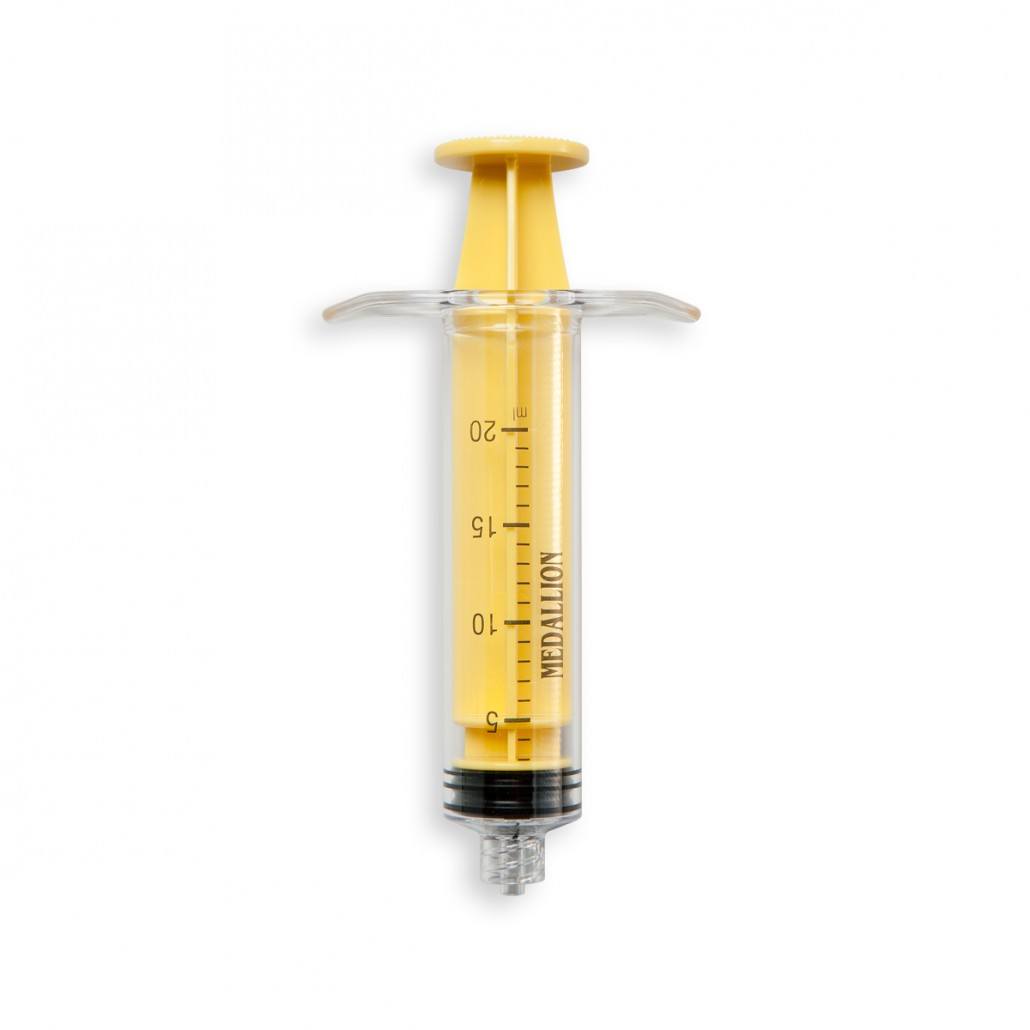
You’re a boy in love with lustral death.
“Stay, dear,” she said. “Stay with him. See how beautiful he is. He has the look of those heart is portrayed in the frescos of the monasteries of Athos. He is old, your man, he was born old, and has always been more ingenuous than you thought. He has their face, the ones who have always believed in the last temptations, the last miracles. Centuries ago he could have been a static. He could have been an anchorage in those rock abbeys of Turkey, in Cappadocia, living int hat fantastic landscape of stone, carving from rock his table and bed. You made him struggle to live in the world and he never wanted the world. It held no astonishments for him. You had come back and you were always bringing him back. He didn’t want love, he wanted mortifications. And all you could give him was love.”
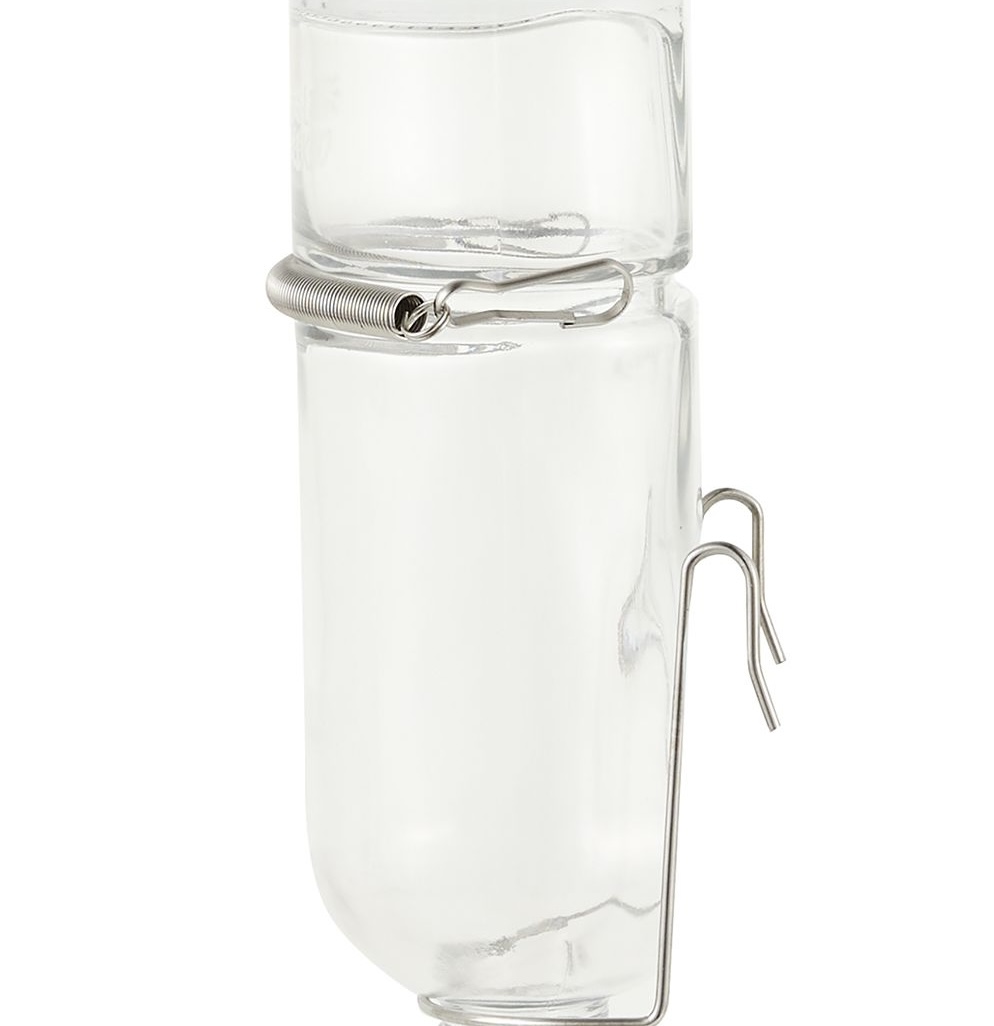
‘She raised the heron’s head and looked into its eyes, which were strangely divided, even in death, one eye, it seemed, belonging to a creature still flying hard, hoping for the best, the other knowing there was another world but it was in the one just taken away. She lay down and spread the heron’s wing, moving it so it fell across her stomach. Cold seeped into her back. The bird’s dead soft wing covered her. I was a suicide, she said to it, and this is my dog. We moved like ghosts, my dog and I. We are seen, addressed, even desired, but we are as ghosts. She talked to that which lightly covered her, and looked at the night through which a full moon steadily rose.
One of life’s hopeful mysteries was supposed to be that everything that happens keeps on being a beginning, but what kind of hopefully mystery was that?
Ghosts can speak mostly readily with the dead, she assured it. They know no boundaries. They wander but are not free. They long for lives that never were and live outside them, close as they can, outside them. It’s easy there in many ways.’
‘Something was pounding, beating at the edges of her mind. She was with him, trying to tell him something. It was about the bread, the bread she did not want to leave behind because she feared the birds would find it. The birds would come and eat it and then they would not be able to fly over the dark water they must cross. They would avoid the water and then the waters would become more frightening than the birds…
She was with him. She had always been with him. This was not so long ago.’
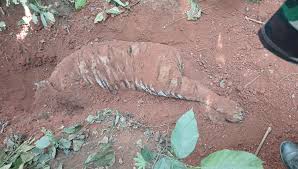
“You know when I die, I want to be buried by lions. I’ve always wanted that, ever since I was little.”
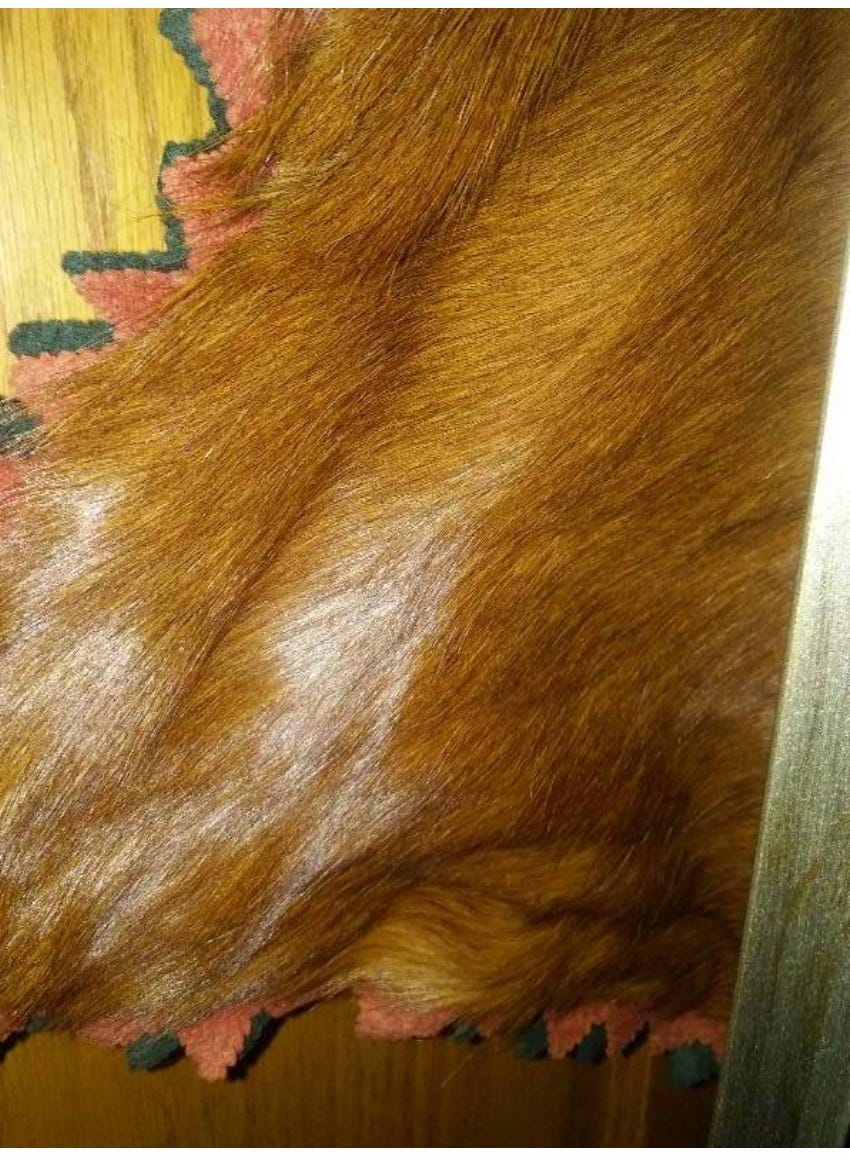
‘She felt a certain diminishment. She looked at herself—breasts, belly, legs—in amazement. Still there. Although she felt that large portions of her had been carried off like so many mouthfuls. She could have been born in a dish.’
“You don’t love me. You never buy me flowers. You don’t wear a wedding ring and you don’t kiss my pussy.”
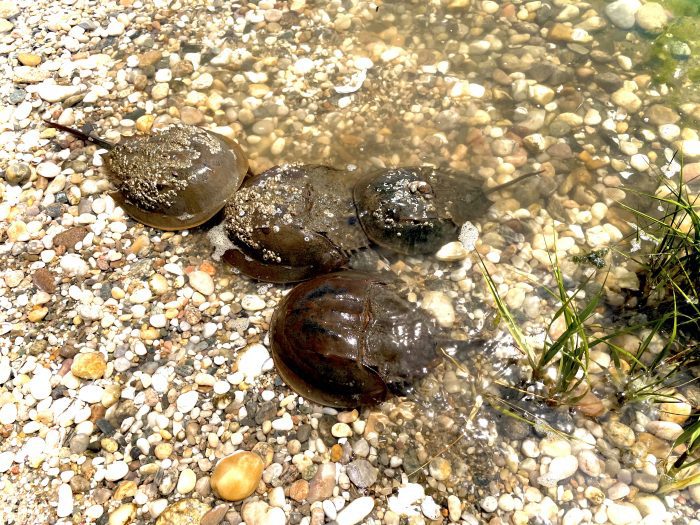
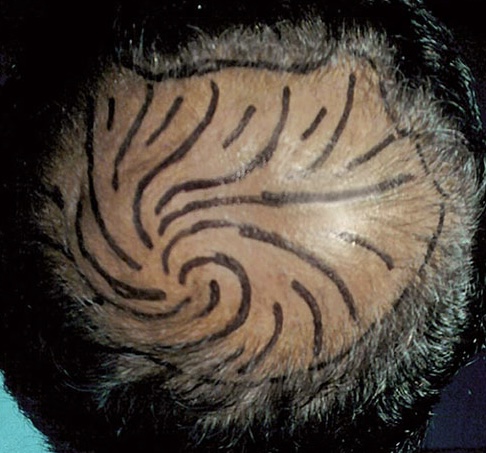
“The desert. gulches, canyons, playas, oddities of erosion, mud palisades and him. Awesome stillness. Desolate grandeur. And that maniac.”
“I told him the first time God carried an egg around for seven days he ended up dropping it.”
